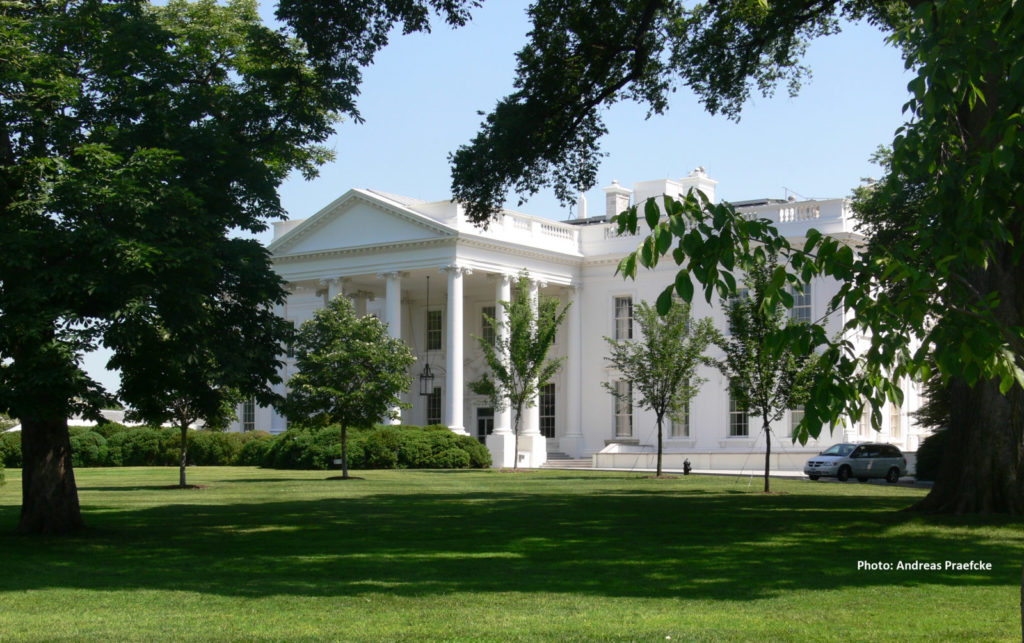
Published October 11, 2022
On October 11, 2022, EPPC scholars Rachel N. Morrison and Natalie Dodson submitted a public comment opposing an interim final rule (IFR) issued by the U.S. Department of Veterans Affairs (VA) that would include taxpayer-funded medical benefits coverage for abortion and abortion counseling for veterans and certain beneficiaries. An IFR may only be issued with “good cause” because it goes into immediate effect before the public provides its input.
The EPPC scholars wrote:
Without demonstrating “good cause,” the VA immediately and unlawfully amended its regulations to remove the statutorily required exclusions on abortion and abortion counseling in veterans’ medical benefits packages and for Civilian Health and Medical Program of the Department of Veterans Affairs (CHAMPVA) beneficiaries, which include “certain spouses, children, survivors, and caregivers of veterans.” Under the IFR, American taxpayers must now pay for abortion and abortion counseling when “the life or the health of the pregnant veteran would be endangered if the pregnancy were carried to term, or the pregnancy is the result of an act of rape or incest.” An undefined health exception functionally allows abortion on demand until birth. The VA’s claim that abortion under the IFR is “needed” and “medically necessary and appropriate” is arbitrary and capricious. Abortion is not healthcare, abortion harms women, and women do not need abortion to succeed. The VA further claims, contrary to law, that the IFR can preempt state laws protecting the innocent lives of unborn children. In short, the IFR is contrary Congressional direction, violates the VA’s statutory authority, and should be rescinded immediately.
The comment raises additional points about the unlawful IFR:
- There is no need for the IFR, and neither the Supreme Court’s decision in Dobbs v. Jackson Women’s Health nor state abortion laws create need.
- The IFR is unlawful because it exceeds the VA’s statutory authority and violates Section 106, which prohibits the VA from providing abortion benefits, and other federal laws.
- The VA relies on general claims of pregnancy harms yet fails to address abortion harms.
- The VA doesn’t have a compelling interest in the intentional taking of an innocent human life in the womb.
- Killing innocent children conceived in an act of rape or incest is not “needed” or “medically necessary and appropriate.”
- The IFR does not preempt state abortion laws, despite the VA’s claims.
- The VA must respect conscience and religious rights of VA employees.
Read EPPC’s press release about EPPC’s and other groups’ comments here.
Rachel N. Morrison is a Fellow at the Ethics and Public Policy Center, where she works on EPPC’s HHS Accountability Project. An attorney, her legal and policy work focuses on religious liberty, health care rights of conscience, the right to life, nondiscrimination, and civil rights.
Rachel N. Morrison is a Fellow at the Ethics and Public Policy Center, where she directs EPPC’s HHS Accountability Project. An attorney, her legal and policy work focuses on religious liberty, health care rights of conscience, the right to life, nondiscrimination, and civil rights.





